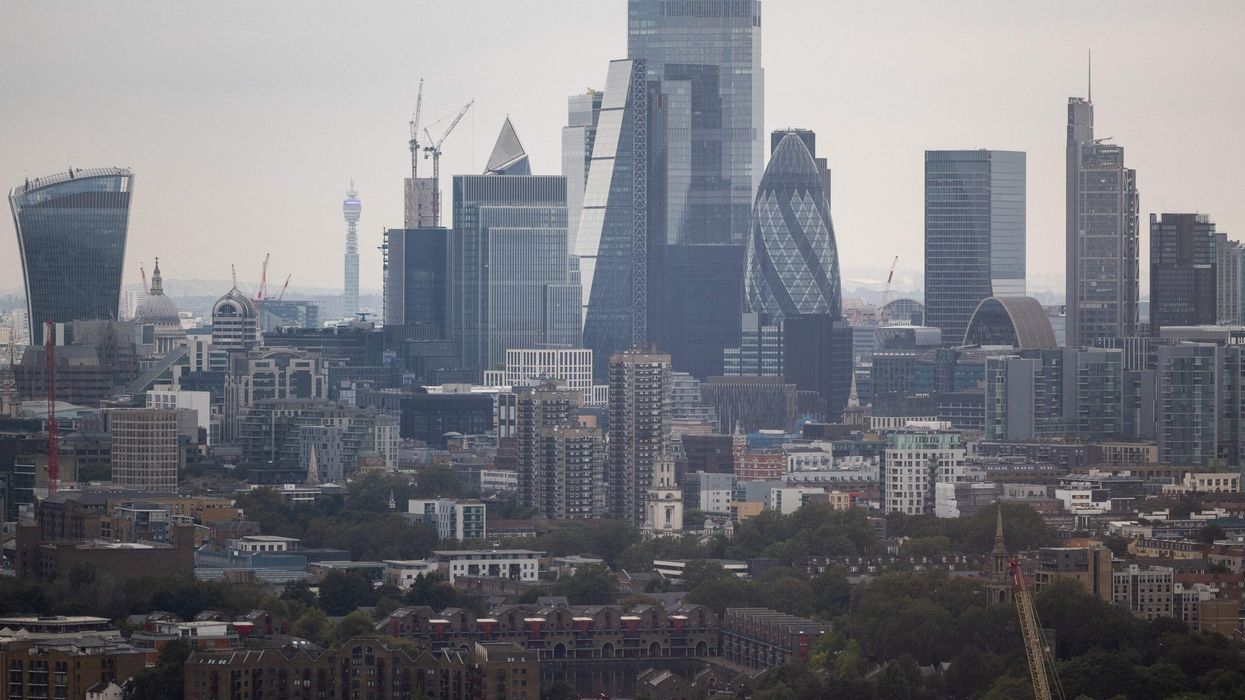For entrepreneur Bassim Haidar, living in London has become an expense he can no longer justify.
As Keir Starmer takes office, Haidar is looking for homes in Greece and Monaco. He says a proposed inheritance tax change will make Britain undesirable for the wealthy.
Starmer argues that the overhaul will create a fairer tax system and fund public services.
While Haidar supports some reform, he believes the proposed changes could harm the economy if international business owners leave or avoid Britain. This could hurt Britain's reputation as a hub for startups.
In March, the recently ousted Conservative government proposed phasing out the 'non dom' tax regime, which spares wealthy individuals from paying tax on overseas income.
Before the 4 July election, Starmer's Labour party promised to also remove permanent reliefs for 'non doms' who put non-UK assets into a trust within 15 years of moving to Britain.
With Labour now in power, Haidar urges Starmer and finance minister Rachel Reeves to reconsider these plans. He suggests a new annual tax on individuals with a net worth over 5 million pounds.
Haidar estimates a 150,000 pound levy could raise an additional 4 billion pounds a year without causing an exodus of the wealthy.
"The idea that the UK is too good to leave is wrong," said Haidar, a 53-year-old Nigerian-born Lebanese citizen.
"Being taxed heavily on wealth generated outside Britain, possibly years before moving here, is unfair," he said. Haidar calls for discussions with globally-mobile millionaires about tax reforms that may put UK jobs at risk.
Patriotic Millionaires UK is also campaigning for annual wealth taxes on the super-rich.
A 2 per cent tax on wealth over 10m pounds would impact around 20,000 people and could raise up to 24bn pounds a year, the group estimates.
Financial concerns
Investment firms, wealth managers, and private bankers serving about 70,000 UK-based 'non doms' are watching for the historic tax overhaul.
The Labour government expects to raise an extra 5bn pounds a year by addressing domestic tax avoidance. Estimating additional revenue from changing offshore trust tax perks is more challenging.
"It is not possible to directly measure how much foreign income non-doms using the remittance basis have, and therefore what the potential tax base is," the Institute for Fiscal Studies (IFS) said in a March report.
Inheritance tax raised 2.1 billion pounds between April and June, 83m pounds more than the same period last year, according to UK tax authority data.
Britain has around 37,000 non-doms who are taxed on a 'remittance basis,' meaning UK taxes are not charged on their foreign income or capital gains unless brought into the UK.
The IFS reported that these individuals collectively paid about 6bn pounds in UK income tax, National Insurance contributions, and capital gains tax in 2020-21.
Threats by the wealthy to leave unfriendly tax regimes are not new. Some advisers believe London's status as a diverse city with world-class schools will keep the wealthy from leaving.
But Haidar says the desire to protect his family wealth outweighs the inconvenience of moving.
According to the UBS Global Wealth Report for 2024, Britain is likely to lose nearly one in six of its US dollar millionaires by 2028.
UBS attributes the expected 17 per cent drop to the high number of super-rich in the UK, the Russia-Ukraine war, and the end of 'non dom' tax perks.
In contrast, the number of dollar millionaires in the US and France is expected to rise by 16 per cent, in Germany by 14 per cent, in Spain by 12 per cent, and in Italy by 9 per cent by 2028.
The IFS report in March noted "limited evidence on how non-doms would respond to higher taxes."
Investor concerns
The proposed tightening of tax loopholes comes as UK financial regulators aim to make Britain more attractive to global companies and investors.
Last week, the Financial Conduct Authority announced a revamp of corporate listing rules to encourage private firms to go public on the London Stock Exchange.
However, Haidar has paused plans to list his financial services firm Optasia in Britain and is exploring alternative locations with more favourable tax regimes.
"If those already here are now looking to leave, how can you attract new ones when the new system is more punitive?" he said.
David Lesperance, managing director of Lesperance & Associates, warned the government not to underestimate the ease and speed at which wealthy families can leave the UK. He noted that countries like Dubai and Singapore are eager to attract them.
Several of his clients are considering relocating to up to 17 alternative tax jurisdictions, including Ireland, Malta, and Portugal.
"Wealth doesn't stay still. It doesn't have to. The golden geese have wings and they will fly," he said.
(Reuters)




